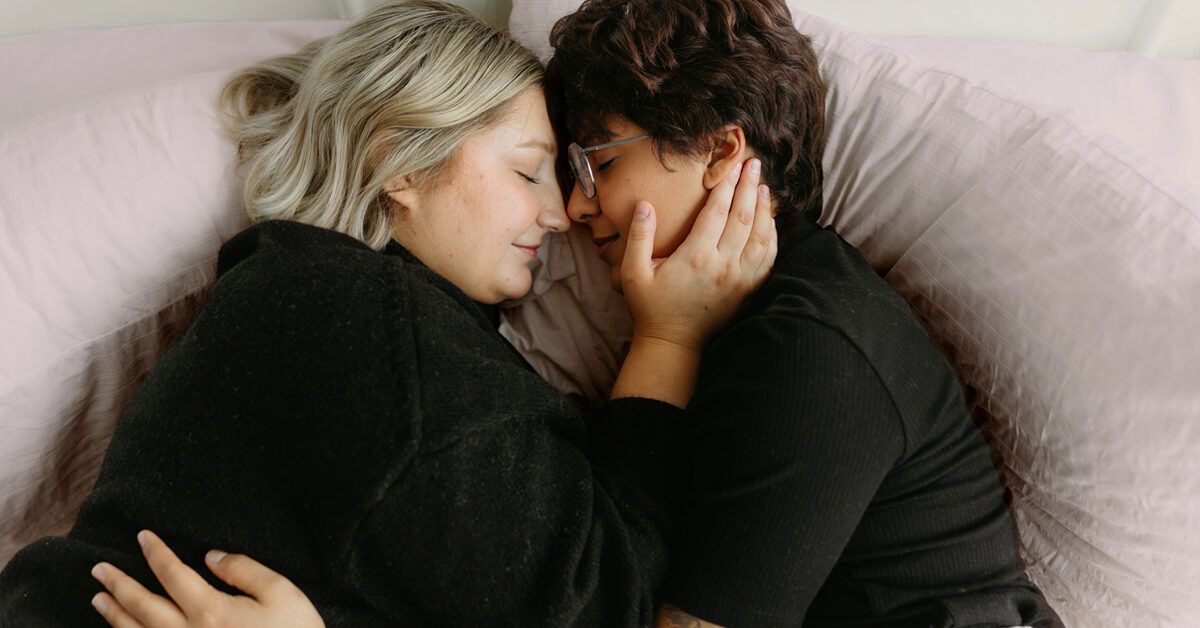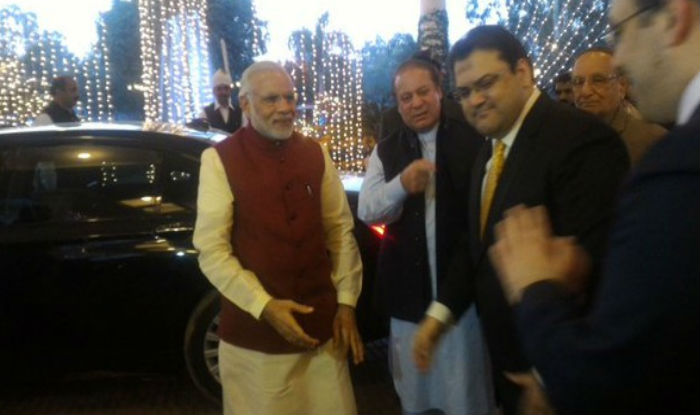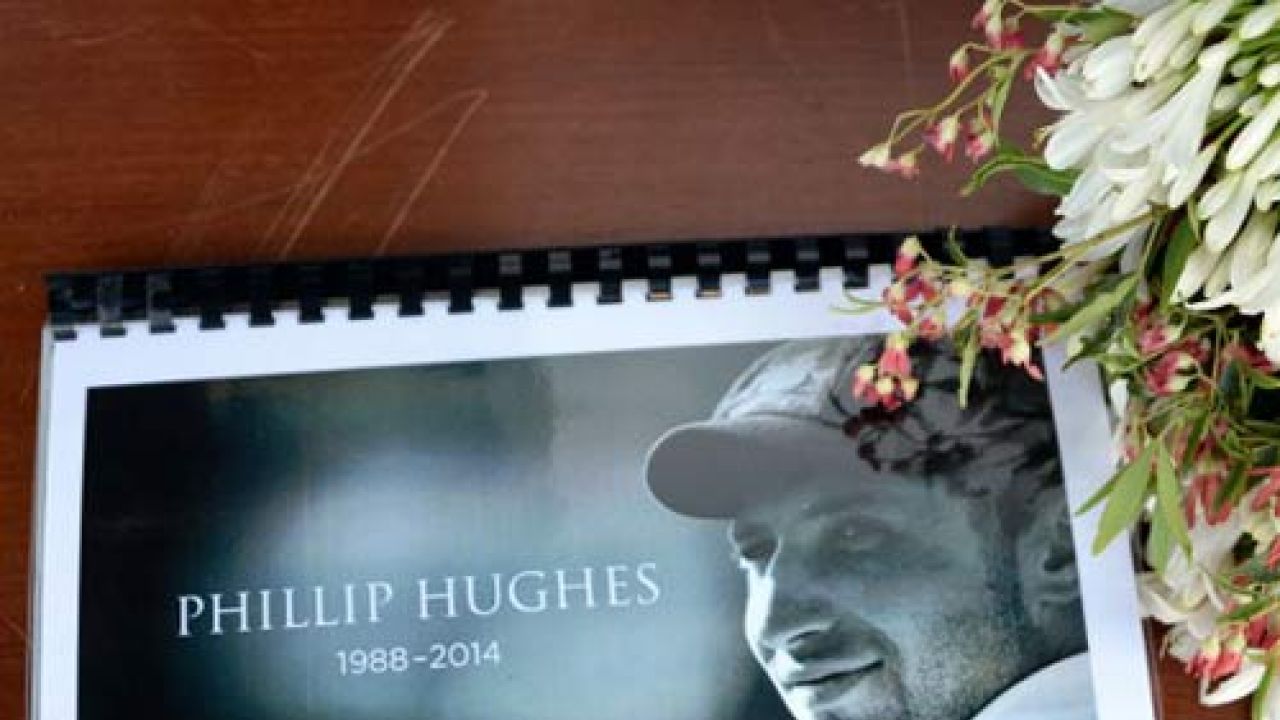
- Select a language for the TTS:
- UK English Female
- UK English Male
- US English Female
- US English Male
- Australian Female
- Australian Male
- Language selected: (auto detect) - EN
Play all audios:
If you landed on this page, you probably asked Dr. Google “How long do I _have_ to wait to have sex?” after meeting someone who does to your loins what matches do to candles (light them on
fire). Or maybe you queried “How long _can_ I wait to have sex?” after feeling pressured (*major side eye*) to drop your pants. That’s why we asked two sex educators to debunk the myth of
The Right Number Of Dates™ before sex. What’s the short answer? Every (!) single (!) sexual relationship (!) is different (!). Some are just sexual. Some are also romantic (or have the
potential to also be romantic). Some may even be spiritual (or have the potential to become spiritual). Because of this, “there’s no hard and fast rule about when you should or can be having
sex,” says Caitlin V., MPH, clinical sexologist for Royal, a vegan-friendly condom and lubricant company. For the record: If you start having sex, there’s also no hard and fast rule about
how often, how much, how long, or what kind of sex you should be having. In fact, according to her, this isn’t the right question to be asking. Instead, she recommends that you ask yourself
the following: * “How does my body and intuition let me know when I’m ready to have sex?” * “How do I best communicate that information to my (potential) partner(s)?” Let’s back up: What do
we mean by ‘date’ and ‘sex’? That’s a good question! But its answer is amorphous. “There’s no universally accepted definition of a date,” says Jesse Kahn, LCSW-R, CST, director and sex
therapist at The Gender & Sexuality Therapy Center in New York City. And there’s no universally accepted definition of sex. “The definitions are, really, up to you to decide,” they say.
Some people believe that they’re dating someone if they’re regularly texting them. Others believe they’re dating after a handful of virtual dates. And some believe that they aren’t dating
until they’ve been on a series of in-person dates. Meanwhile, some pleasure-seekers define sex as only P-in-V (penis in vagina) sex. For others, oral and anal sex qualify. And for some, any
meaningful act of pleasure can be sex (including hand stuff or kissing!). “You and the other people/person involved get to decide what having sex and dating means and looks like for you,”
says Kahn. Where did this idea originate? “The idea that you have to wait a specific number of dates before engaging in intercourse is socially approved manipulation,” says Caitlin V. The
idea, she says, is that if you wait X number of dates, you’ll get a specific outcome. Usually, a ring. The problem: The belief that people (read: women) are more worthy of marriage if they
wait X number of dates than people (again, women) who don’t wait that number of dates is a misogynistic attempt at controlling people’s (for the third time, women’s!) bodies. Is there a true
average? What’s ‘normal’? *Buzzer noise.* Wrong question! “There’s no way to quantify what is a ‘normal’ amount of time of dating before having sex,” says Kahn. Because again, “sex” and
“dating” have different meanings depending on who’s doing (or not doing) them. That said, there _have_ been a handful of studies that attempt to answer this so-often-Googled question. One
10,932-person study from 2014 found that: * 47.9 percent of people in a relationships waited a few weeks * 35.5 percent had sex on the first date or within the first few weeks of dating *
9.9 percent had sex before the first date A smaller, 2,000-person survey from 2017 by Groupon found that men waited five dates on average, while women preferred to wait nine dates.
(Researchers didn’t collect data on nonbinary folks.) The problem with both of these cis-heterocentric data sets is that they both presume: * sex = P-in-V * date = in-person meetup Are these
findings interesting? Sure. But they _shouldn’t_ impact when you choose to have sex, says Kahn. “Averages and data aside, the best time for you to have sex is still when you feel ready to
have it and are interested in having it,” they say. Then how will you know if it’s the right time? “The only way to know if it’s the right time to sleep with a person is to ask yourself
three questions,” says Caitlin V. These questions are: * “Would having sex with them bring me pleasure?” * “Do I trust them enough to share intimacy with them?” * “Am I able to honor my
boundaries and theirs?” “There are times when sleeping with someone might bring you pleasure, but you don’t know them well enough to trust them with your body,” she explains. “Or you might
be out drinking, and even though you’d love to sleep with someone, you know that in your intoxicated state, you wouldn’t be able to honor your own boundaries if they wanted to do something
you weren’t into.” It should go without saying, but whether or not the partner(s) in question want to have sex with you matters here, too. That’s why Kahn recommends asking your potential
Sex Mate(s): * “What does sex mean to you?” * “Do you feel ready to have sex?” * “What are things you need to feel safe and secure during and after sex?” What about with everything else — Is
there a hard-and-fast rule? There are no rules or “normals” for A-N-Y kind of romantic and sexual intimacy. (Read that again!) That means that there’s no timeline that you should be
following for things like: * holding hands * sexting * kissing * spending the night * sex toy play “What’s most important is that you and your partner(s) are all enthusiastically consenting
and ready,” says Kahn. Is there ever a time when you shouldn’t do it? “If you feel in your heart or in the pit of your stomach that for sex — or a sexual activity — that it’s not time, then
it’s not time,” says Caitlin V. > You shouldn’t have sex, she says, if or when: > > * you feel pressured to have it > * you feel it’s your only option or your only way
out of the > situation > * you feel that you owe it to another person And if you find yourself already having sex when you realize you don’t want to have sex, you can and should
stop having sex right then and there! Remember: Consent has to be ongoing and can be withdrawn at _any_ time. The bottom line There’s no right or wrong number of dates (however you define
that!) to wait until having sex (however you define that!). Whether it’s been zero, three, 300, or infinity dates, what’s most important is that: * you _want_ to have sex * the person(s)
you’re going to be having sex with want to have sex * you’re able to communicate before, during, and after what you want that sex to look like ------------------------- _Gabrielle Kassel
(she/her) is a queer sex educator and wellness journalist who is committed to helping people feel the best they can in their bodies. In addition to Healthline, her work has appeared in
publications such as Shape, Cosmopolitan, Well+Good, Health, Self, Women’s Health, Greatist, and more! In her free time, Gabrielle can be found coaching CrossFit, reviewing pleasure
products, hiking with her border collie, or recording episodes of the podcast she co-hosts called Bad In Bed. Follow her on Instagram @Gabriellekassel._









